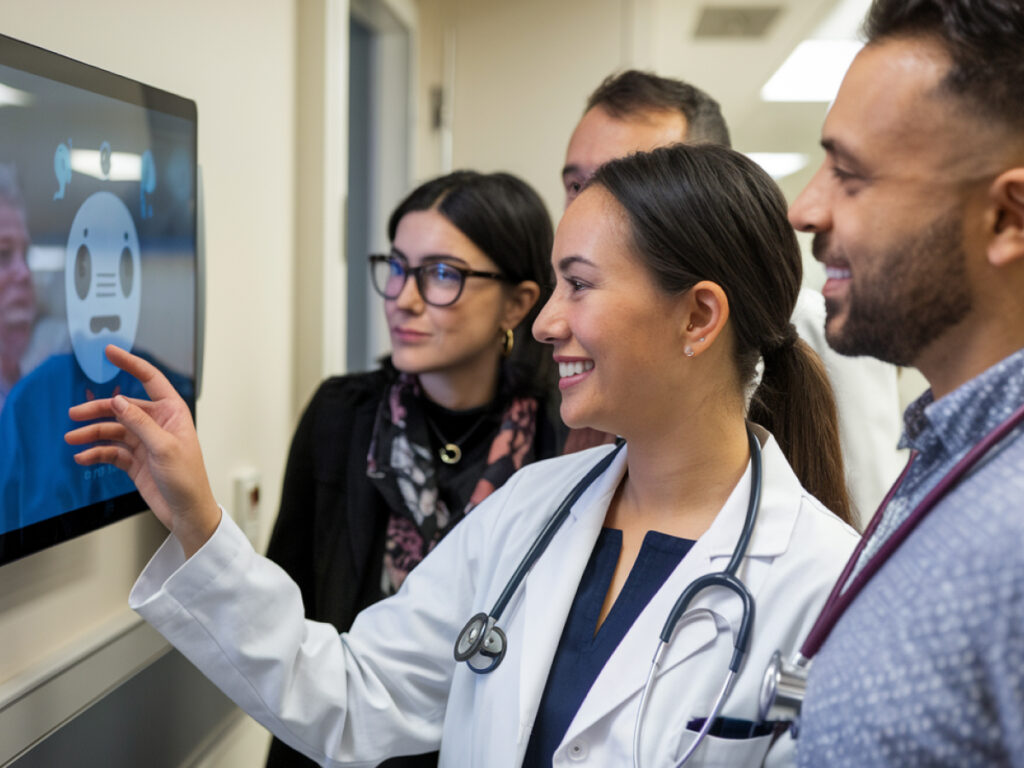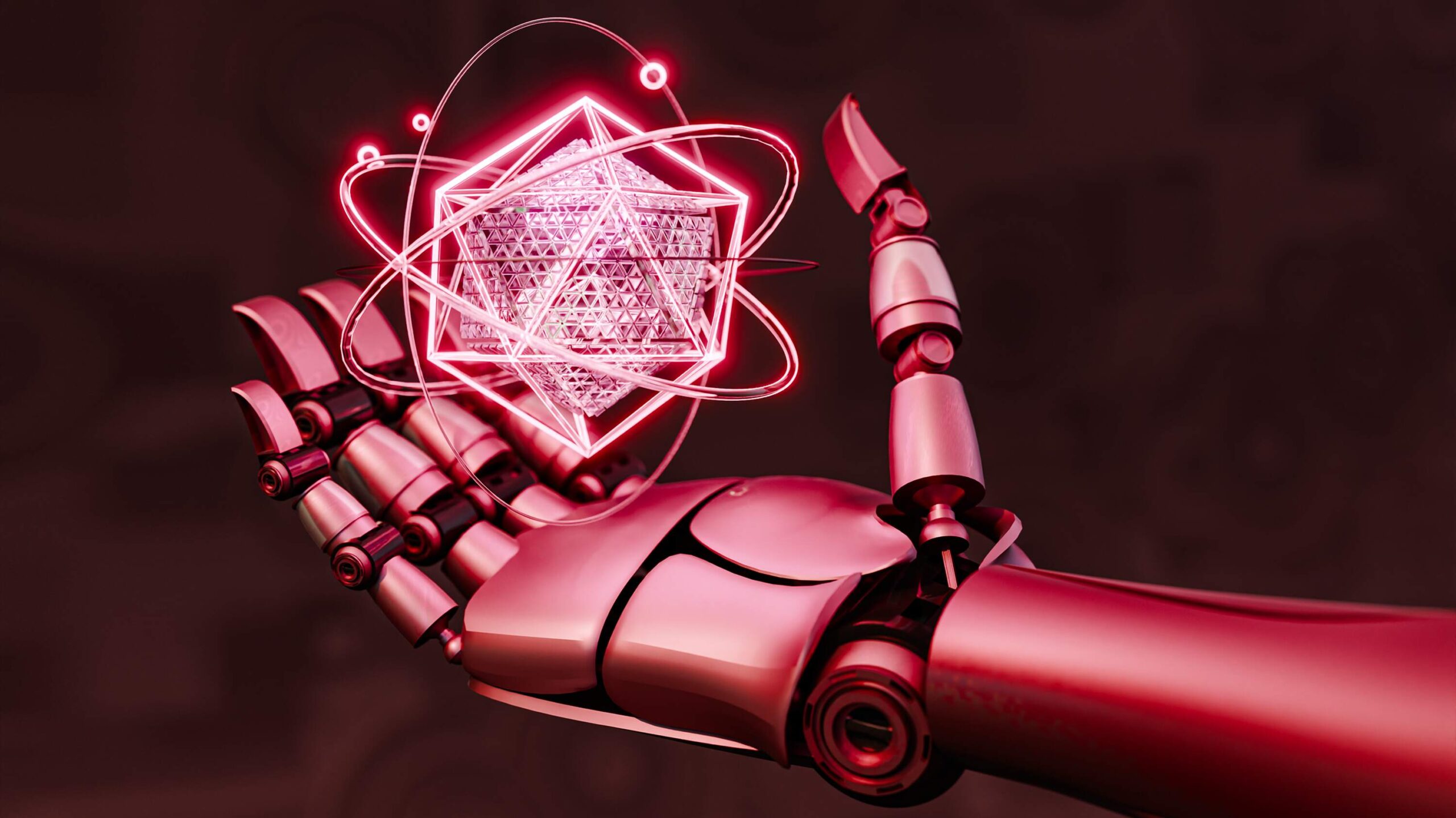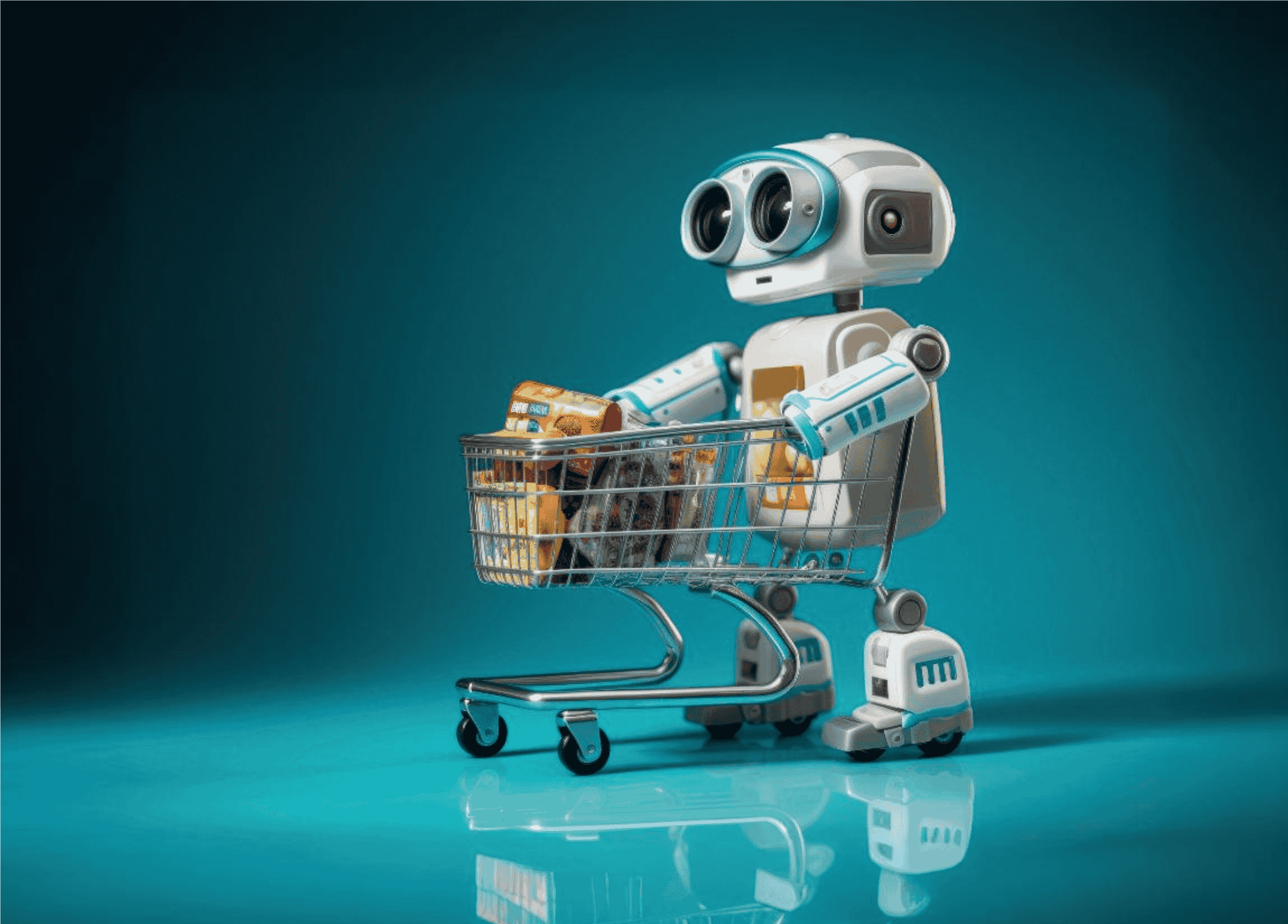5 Top Alternatives to ChatGPT-4 for Healthcare Chatbots

AI chatbots are making waves in healthcare, helping patients book appointments, get answers to medical questions, and even manage chronic conditions. ChatGPT-4 might be the star everyone’s talking about, but when it comes to healthcare, one size doesn’t always fit all.
In this space, accuracy, compliance, and seamless integration with existing healthcare systems are non-negotiable.
The good news?
There are plenty of AI chatbots designed specifically with healthcare in mind—offering features that go beyond what general-purpose tools can provide.
If you’re in the healthcare sector and looking to step up patient engagement, improve workflows, or simply free up staff from routine inquiries, you’ve come to the right place.
Why Healthcare Needs Specialized AI Chatbots?
Evaluating Existing Services for SaaS Suitability
Begin by conducting a thorough analysis of your current service offerings to determine which can be effectively transformed into a SaaS model. Consider factors such as the repeatability of the service, potential for automation, and the value it provides to customers when delivered as a software solution. Services that involve standardized processes and can be delivered digitally are prime candidates for SaaS conversion
Healthcare is a whole different ballgame when it comes to AI. Unlike retail or banking, a chatbot in healthcare doesn’t just need to answer questions—it needs to handle sensitive patient data, comply with strict regulations, and provide medically accurate information without skipping a beat. One wrong response could mean more than just a lost customer; it could impact someone’s health.
That’s why specialized healthcare chatbots are in high demand. They’re built to do more than just chat. They guide patients through symptom checks, schedule follow-ups, and even remind them to take medications. More importantly, they know how to speak healthcare. Whether it’s explaining a prescription or pulling data from an electronic health record (EHR), these AI tools are designed to make life easier for both patients and providers.
But here’s the kicker—compliance. Any chatbot working with patient information has to follow strict data protection rules like HIPAA in the U.S. or GDPR in Europe. Specialized healthcare bots come with these safeguards baked in, ensuring that conversations stay secure and confidential.
Thus, while general AI models like ChatGPT are great, healthcare needs bots that understand the unique language of medicine, respect patient privacy, and integrate smoothly into existing workflows. And that’s exactly what the alternatives we’re about to dive into are designed to do.
Top 5 Alternatives to ChatGPT-4 for Healthcare Chatbots
1. Microsoft Azure Health Bot
Microsoft Azure Health Bot has positioned itself as a leading solution for healthcare organizations seeking AI-powered virtual assistants. This platform is designed to perform a wide range of tasks, from answering frequently asked patient questions to conducting symptom assessments. One of the key differentiators of Azure Health Bot is its ability to integrate seamlessly with existing healthcare ecosystems, including electronic health record (EHR) systems and hospital management platforms. It offers out-of-the-box compliance with healthcare regulations like HIPAA, ensuring patient data is protected while enabling organizations to deploy at scale.
2. Infermedica
For healthcare providers that prioritize accurate symptom triaging and patient guidance, Infermedica offers a sophisticated alternative. This platform specializes in clinical decision support, allowing patients to describe their symptoms through natural language processing (NLP). Infermedica then analyzes these inputs using its extensive medical database, guiding patients to the appropriate level of care—whether it’s self-treatment or urgent medical attention. Beyond the chatbot interface, Infermedica’s API makes it easy for healthcare providers to embed this technology directly into their websites or mobile apps, enhancing accessibility and reducing unnecessary clinic visits.
3. Hyro AI
Hyro AI takes a slightly different approach by focusing on reducing the complexity of AI deployment. Designed to be plug-and-play, Hyro provides healthcare organizations with conversational AI that automates routine patient interactions. Whether patients are calling to confirm appointments, inquire about lab results, or reschedule consultations, Hyro manages these tasks with minimal human intervention. A standout feature of Hyro is its ability to handle both text-based and voice interactions, catering to patients who may prefer more traditional communication channels. Over time, the system learns from repeated interactions, refining its responses and improving accuracy with each use.
4. Ada Health
Ada Health has carved out its niche by creating an AI chatbot that prioritizes patient experience without compromising medical accuracy. Ada guides patients through symptom assessments in a structured, user-friendly format, providing highly accurate preliminary evaluations. It’s widely adopted by telehealth platforms and healthcare providers looking to improve patient intake processes. The chatbot is updated regularly to reflect the latest medical guidelines and insights, ensuring that patients receive relevant and up-to-date recommendations. Ada Health’s success lies in its balance between technical accuracy and an intuitive, empathetic interface that patients find easy to navigate.
5. Sensely
Sensely introduces a unique element of human-like interaction to healthcare AI. Through virtual avatars and voice recognition, Sensely enhances the patient experience by replicating the warmth of face-to-face communication. This platform is particularly effective for managing chronic diseases, offering post-discharge care, and conducting regular check-ins with patients. Sensely’s ability to track patient conditions over time and provide personalized health recommendations makes it an invaluable tool for long-term care facilities and outpatient services. The platform’s emphasis on empathy-driven design sets it apart, fostering deeper engagement and trust between patients and healthcare providers.
Across these platforms, the common thread is their focus on combining technological innovation with the specific requirements of the healthcare industry. From regulatory compliance to the ability to manage sensitive data, these chatbot solutions provide a robust framework for improving patient care and streamlining healthcare operations.
The Best Alternative to ChatGPT 4: Custom Software!
Off-the-shelf healthcare chatbots can be useful, but they rarely check every box for organizations with specific needs. That’s where custom-built chatbots come in—offering tailored solutions that fit your processes, integrate seamlessly, and evolve alongside your healthcare services.
From managing patient intake and automating appointment reminders to handling symptom triage and pulling live data from your EHR system, a chatbot built specifically for your organization can handle it all. More importantly, it does so in a way that reflects your workflows—not the other way around.
One of the biggest advantages of custom development is tight integration with the tools you already use. Whether it’s hospital management software, scheduling platforms, or patient portals, custom chatbots are designed to work within your ecosystem without forcing you to change existing processes. This level of connectivity reduces administrative bottlenecks and ensures patient data flows smoothly across departments.
Another major benefit is scalability. As your organization grows or expands into new services, a custom chatbot can easily adapt. New features can be added, workflows adjusted, and patient needs addressed without switching to an entirely new platform. This means long-term value without the growing pains often associated with rigid, one-size-fits-all products.
From a financial perspective, while custom solutions may cost more upfront, they eliminate the recurring subscription fees and usage limitations tied to third-party platforms. For healthcare organizations handling a large volume of patient interactions, this can result in significant cost savings over time. Additionally, you own the software outright—giving you full control over updates, data security, and future enhancements.
Perhaps the most important advantage of custom chatbots is the ability to create a personalized patient experience. Many off-the-shelf solutions feel generic, lacking the nuance needed for sensitive healthcare conversations. A custom-built chatbot reflects your brand’s voice, adapts to the way your team communicates, and fosters trust by providing thoughtful, patient-centric interactions.
In healthcare, where precision and empathy go hand in hand, custom-built chatbots offer the flexibility and reliability needed to provide outstanding patient care. They aren’t just alternatives to existing platforms—they’re often the smarter, more sustainable choice for organizations looking to make a meaningful impact.
Are AI chatbots in healthcare HIPAA-compliant?
Many healthcare AI chatbots, like Microsoft Azure Health Bot and Sensely, are designed to meet HIPAA, GDPR, and other regional compliance requirements. However, it’s important for healthcare providers to verify compliance before implementation.
Let’s Build the Future of Patient Care Together
At Code District, we create AI-powered chatbots built to make healthcare simpler, faster, and more patient-friendly. From safeguarding sensitive data to seamlessly fitting into your existing systems, our solutions are designed to lighten the load on your team and improve patient interactions at every step.
Whether you need a chatbot that books appointments, supports patient triage, or offers round-the-clock assistance, we’re here to craft a solution that feels like an extension of your organization – not just another tool.
Let’s build something that transforms the way you connect with patients. Reach out, and let’s take the first step toward a smarter, more efficient healthcare experience.










